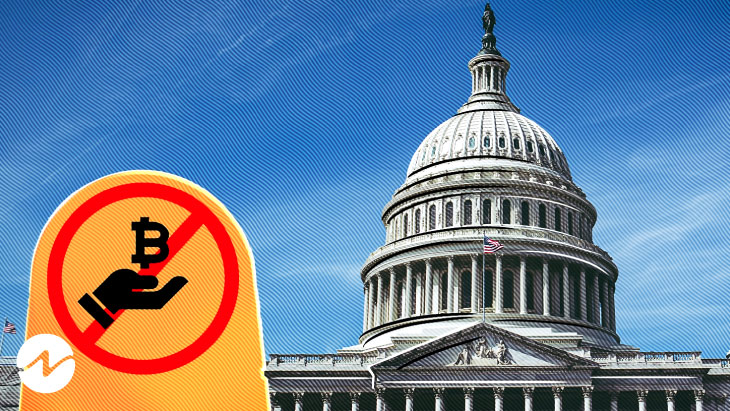- The structure of the bill also suggested that disclosure amounts be more specific.
- The chair of the Committee on House Administration proposed the initiative.
Members of Congress, the Senate, and the Supreme Court who are also cryptocurrency traders may be required to halt their activities while in office if a proposed measure receives enough support.
Chair of the Committee on House Administration and the person responsible for running the House day-to-day, Zoe Lofgren, announced on Thursday that she had a “meaningful and effective plan to combat financial conflicts of interest” by limiting the financial dealings of members of Congress, Supreme Court justices, and their spouses and children.
More Precise Disclosure
If passed as proposed, the bill would signal a shift in policy following the passage of the Stop Trading on Congressional Knowledge Act (STOCK Act) in 2012, which allowed members of Congress to buy, sell, and trade stocks and other investments while in office but also required them to disclose such transactions.
Lofgren stated:
“Congress can act to restore the public’s faith and trust in their public officials and ensure that these officials act in the public interest, not their private financial interest, by restricting senior government officials — including Members of Congress and the Supreme Court — and their spouses and dependent children from trading stock or holding investments in securities, commodities, futures, cryptocurrency, and other similar investments and from shorting stocks.”
The framework recommended that legislators and Supreme Court judges might nevertheless keep and declare a portfolio containing diverse mutual funds, ETFs, treasury bills, and other assets that did “not present the same potential for conflicts of interest.” The structure of the bill also suggested that disclosure amounts be more specific than the “extremely broad” range now employed, such as from $5 million to $25 million and be made available to the public.
Recommended For You:
U.S. Dollar Hits Two Decade Peak As Indian Rupee Reached Life-Time Low








